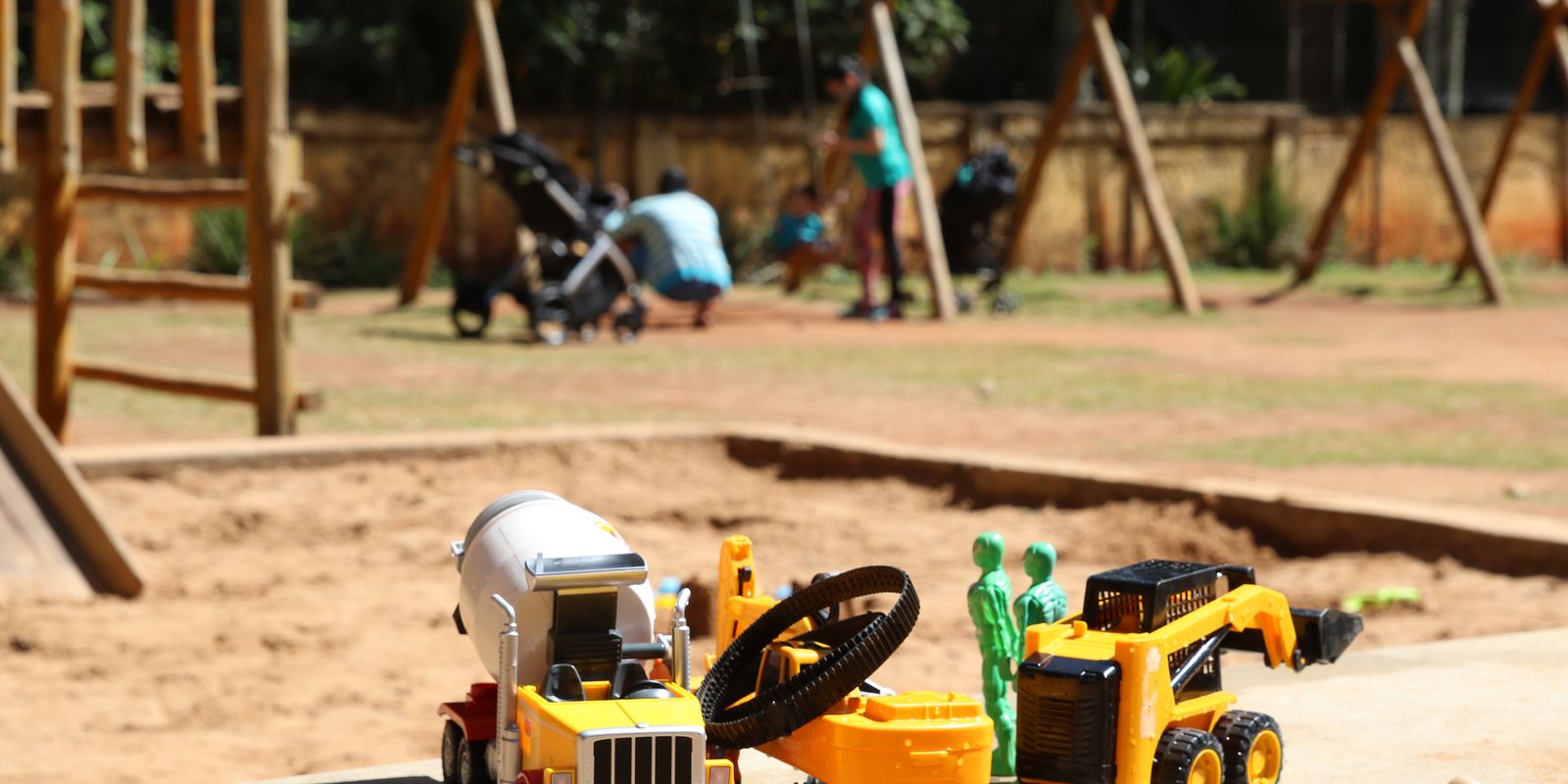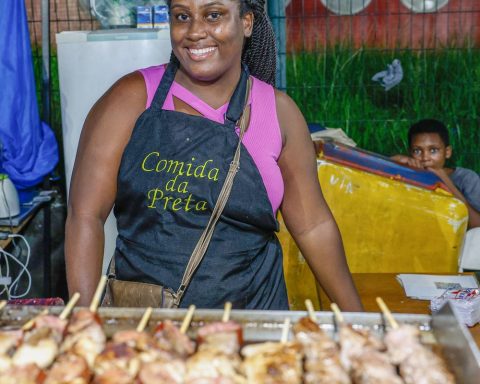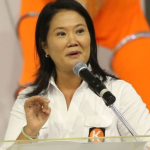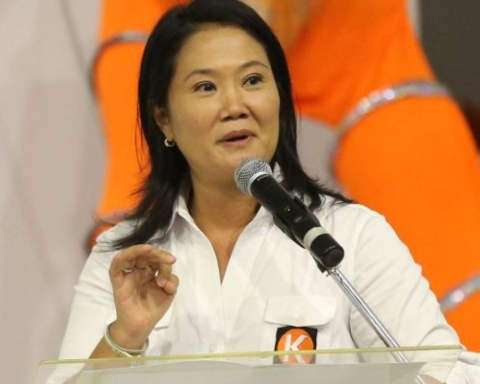Across the country, 4.5 million children aged 0 to 3 are in groups considered more vulnerable and should have their right to daycare prioritized. These children represent 45.9% of the total of 9.9 million Brazilian children in this age group.
They live in families in poverty, single parents, where the main caregiver works or could even work if there was a vacancy in daycare, or in families with children with disabilities.
The data comes from the so-called State and Capital Daycare Needs Index (INC), a tool created by the Maria Cecilia Souto Vidigal Foundation, in partnership with Quantis, to support the planning of policies on access to daycare centers. The full study is available on the internet. Due to the lack of updated official information available, the study does not yet show how many of these children are already enrolled.
The research provides an overview, across the country, of the social and economic conditions of families and children. The INC is calculated in each state and in each capital.
“Our idea is to estimate this population that could benefit from access to daycare, drawing attention to the fact that this need is different for each of the territories”, explains FMCSV Public Policy Manager, Karina Fasson.
The INC, by state, shows, for example, that Piauí is the state with the greatest need for daycare centers, with 53.1% of children in one of the situations considered in the study as priorities for guaranteeing a place. Rondônia is the state with the lowest percentage of children in these situations, 32.6%.
Among the capitals, Salvador has the highest percentage, 61.7%, and Porto Velho, the lowest, 32.2%.
“We created this indicator to inform the territories. Show that the size of the population in a situation of poverty is this, the size of the single-parent family population is this, and so on. Based on this, it is possible that territories can plan the expansion of daycare, and can also plan the use of prioritization criteria in case there are not places for all children and families at first”, says the expert.
Daycare centers in Brazil
In Brazil, daycare is not a mandatory stage. Education is mandatory for children and adolescents aged 4 to 17. Before that, families can choose to enroll their children, but it is the Government’s duty to offer the places that are in demand.
This became even clearer in 2022, after the decision of the Federal Supreme Court (STF) to expand the mandatory provision of education to daycare centers as well. Until then, municipalities could deny enrollment citing a lack of places.
Furthermore, the country needs to comply with the National Education Plan (PNE), a law that establishes goals to be met from early childhood education to postgraduate education, by the end of 2025. By law, the country must have 50% enrolled in daycare centers. of children up to 3 years old. Currently, it is 37.3%.
According to Karina Fasson, daycare is a right for children and families alike.
“It is important to remember that the emergence of daycare in Brazil is precisely linked to women’s movements, in the sense of also being able to access the job market, of being able to reconcile the different activities for which women are responsible. Therefore, access to daycare can greatly benefit the insertion and maintenance of mothers in the job market”, he highlights.
Need for daycare centers
The study details the situation of children who need daycare. The indicator shows that 13.2% of Brazilian children up to 3 years old are in poverty. They are from families with a monthly income per person of less than R$218.
Another 5.4% are from single-parent families, raised, for example, only by the mother. According to the study, 1.6% have difficulty exercising at least one of the functional domains.
The largest percentage is children from families with mothers or caregivers who work or who would work if they had access to daycare: 25.7%.
According to the assistant coordinator of Public Policies for Black Cis and Trans Girls and Women at the non-governmental organization Criola, Juliana Martins, the lack of daycare and other basic rights impacts black women in particular. She argues that the right to daycare guarantees a woman’s right to work, increase her income and be able to study.
“I always make an analogy that the right to daycare looks like an onion, because with each layer you pull, you verify how much, if there is access in a comprehensive way, with guaranteed child development, with development and training of the professionals themselves , appreciation of teachers. You can have a series of other rights being guaranteed for a black woman in society today. It is very expensive for this right to be guaranteed or for this public policy to be implemented as it should be, as an absolute priority for the municipality, the state, the Federation”, he argues.
According to her, by guaranteeing quality early childhood education, society can also, little by little, reduce the many social and economic inequalities “which are very brutal and very deep”.
Early childhood education is one of the educational stages that municipalities are responsible for administering. It is also a stage that gains relevance in municipal electionswhich take place on October 6th.

















